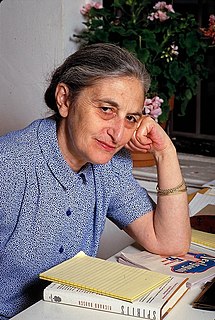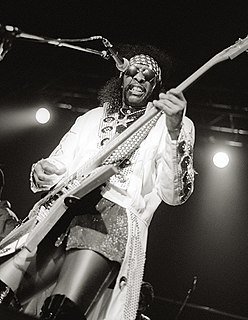A Quote by Lillian Hellman
Nowadays people write English as if a rat were caught in the typewriter and they were trying to hit the keys which wouldn't disturb it.
Related Quotes
If I let my fingers wander idly over the keys of a typewriter it might happen that my screed made an intelligible sentence. If an army of monkeys were strumming on typewriters they might write all the books in the British Museum. The chance of their doing so is decidedly more favourable than the chance of the molecules returning to one half of the vessel.
Early evening traffic was beginning to clog the avenue with cars. The sun slanted down behind him. Harry glanced at the drivers of the cars. They seemed unhappy. The world was unhappy. People were in the dark. People were terrified and disappointed. People were caught in traps. People were defensive and frantic. They felt as if their lives were being wasted. And they were right.
When I sit down at the typewriter, I write. Someone once asked me if I had a fixed routine before I start, like setting up exercises, sharpening pencils, or having a drink of orange juice. I said, "No, the only thing I do before I start writing is to make sure that I'm close enough to the typewriter to reach the keys."
The larger an English industry was, the more likely it was to go bankrupt, because the English were not naturally corporate people; they disliked working for others and they seemed to resent taking orders. On the whole, directors were treated absurdly well, and workers badly, and most industries were weakened by class suspicion and false economies and cynicism. But the same qualities that made English people seem stubborn and secretive made them, face to face, reliable and true to their word. I thought: The English do small things well and big things badly.




































